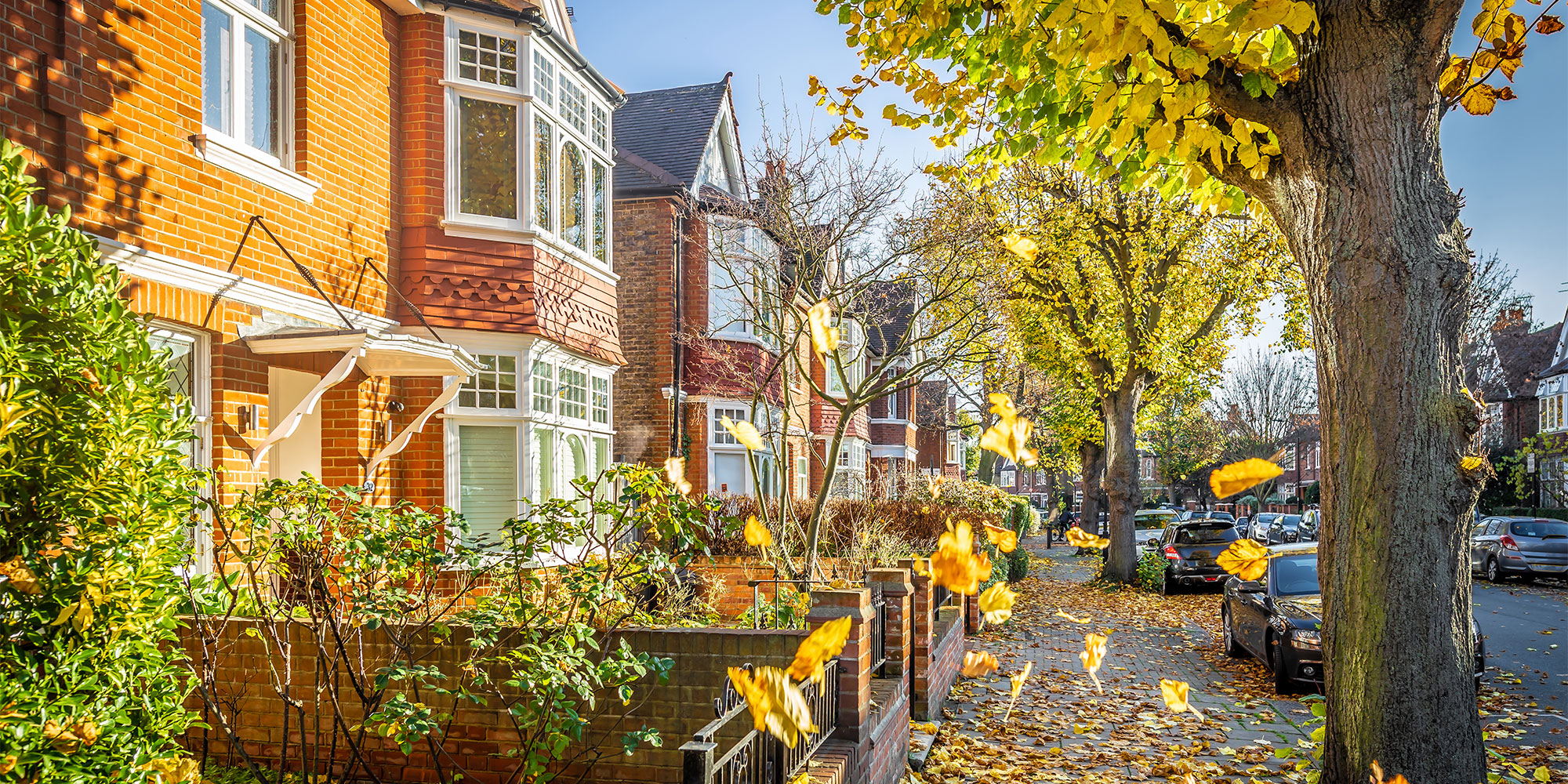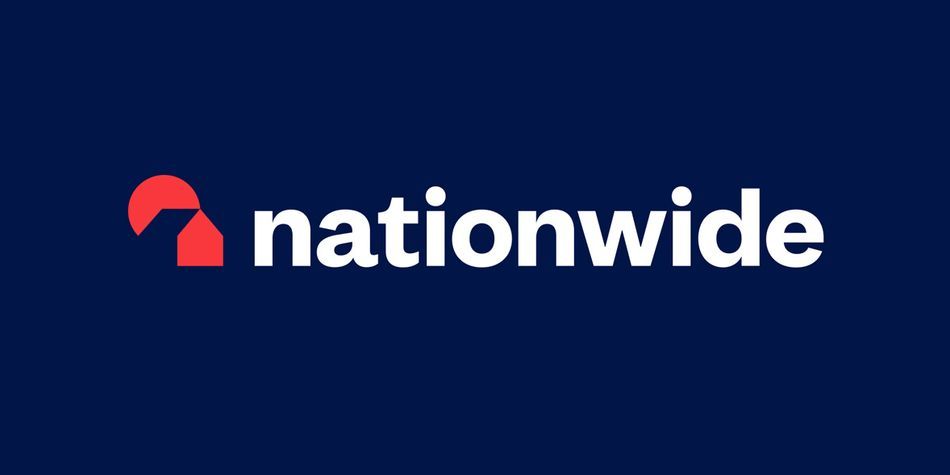Five-year fixed-rate mortgages remain the most popular choice among homeowners, but as lenders slash rates once again, it’s not always clear how long to fix for.
In recent weeks, several major lenders have reduced their fixed rates after small increases in September, prompting renewed interest in how long borrowers should fix for.
Here, Which? looks at why lenders are cutting rates, how the mortgage term impacts your monthly repayments and five key things to consider before choosing your mortgage term.
What’s happening with fixed rates?
Over the past week, lenders, such as Barclays, Halifax, HSBC, Lloyds, NatWest and Principality Building Society, have reduced their fixed rate mortgages, after rates slightly increased in September.
David Hollingworth, of mortgage broker L&C, attributes this shift to improving market conditions, with September's inflation rate lower than expected and a fall in swap rates.
While the cuts are good news for consumers, unfortunately rates are not expected to fall dramatically between now and the end of the year. Instead it is likely that rates will slightly fluctuate up and down, depending on the performance of key economic indicators, such as inflation.
Hollingworth explains that the current market conditions means 'there’s still a strong case for taking a rate now and keeping a close eye on market movement from here. That will give security but still allow a jump to a lower rate before completion if we see further improvements.'
How much will you pay on a 2,3 or 5-year fix?
If you’re weighing up a two, three or five-year fixed mortgage, the monthly repayments are likely to be relatively similar, especially if you qualify for one of the top deals.
To illustrate this, we’ve calculated the estimated monthly costs of the cheapest two-year, three-year and five-year fixed rates at four different loan-to-value (LTV) levels, based on a £250,000 mortgage over 25 years.
For 60% and 75% LTV ratios, we found that the difference between the best two and five year deals is roughly £20 per month.
This is a slightly larger gap than earlier in 2025, when there was roughly a £10 difference between the best two and five year fixed rates.
However, the gap is still close enough that you can focus on which deal best suits your plans — whether that’s locking in for longer, or keeping your options open in case rates fall — without worrying that one option will cost far more than another each month.
For those with 90% LTV, most likely first-time buyers, the gap between two and five year fixes is the closest, with just £8 per month separating them. It is also the only LTV ratio in the table with the three year deal costing the most per month.
5 things to consider when choosing your mortgage term
With two, three and five-year fixes offering similar monthly repayments, the right choice depends on your circumstances, not just the rate. Here are five key factors to weigh up:
1. What is your LTV?
Average rates give a sense of market trends, but the best deal for you will depend on your LTV ratio.
Right now, leading two-year fixed rates range from around 3.8% to 5%. For five-year fixes, the most competitive deals sit between 3.9% and 4.9%.
Moneyfacts demand data, based on the most common deals consumers search for, shows two-year fixes are most popular currently.
2. Are there fees?
Some deals come with upfront fees of £1,000 or more – which means a low-rate deal could actually cost more overall than one with a slightly higher rate but no fee.
A mortgage broker can help you avoid these pitfalls. By weighing up rates, fees and incentives such as cashback, they can recommend the most suitable deal for your circumstances.
3. What is your attitude to risk?
A shorter mortgage term gives you the flexibility to switch to a new deal sooner, potentially at a lower rate, but there’s always the risk that rates won’t fall, or could even rise.
A longer fix gives you certainty over your monthly payments, but if rates drop during your term, you could miss out on cheaper deals.
4. What are your future plans?
If you think you'll move home sooner, a shorter-term deal could be more suitable. This is because you'll likely face early repayment charges if you move home during your fixed term.
Most providers allow you to 'port' your mortgage to another property, but this isn't always cost-effective and can involve meeting specific criteria.
5. Should you consider a three-year deal?
If you're torn between the flexibility of a two-year fixed and the stability of a five-year deal, a three-year mortgage could offer a middle ground. These products have become more popular in 2025, with more than 800 now available – up from 539 in January.
At the time of writing, 32 three-year fixes offer sub-4% rates, with lenders including First Direct, Santander, Barclays and Nationwide.
However, the best rates are typically reserved for borrowers with a 60% or 65% LTV. If you're borrowing at 90% LTV, the leading rates sit just above 4.5%.






